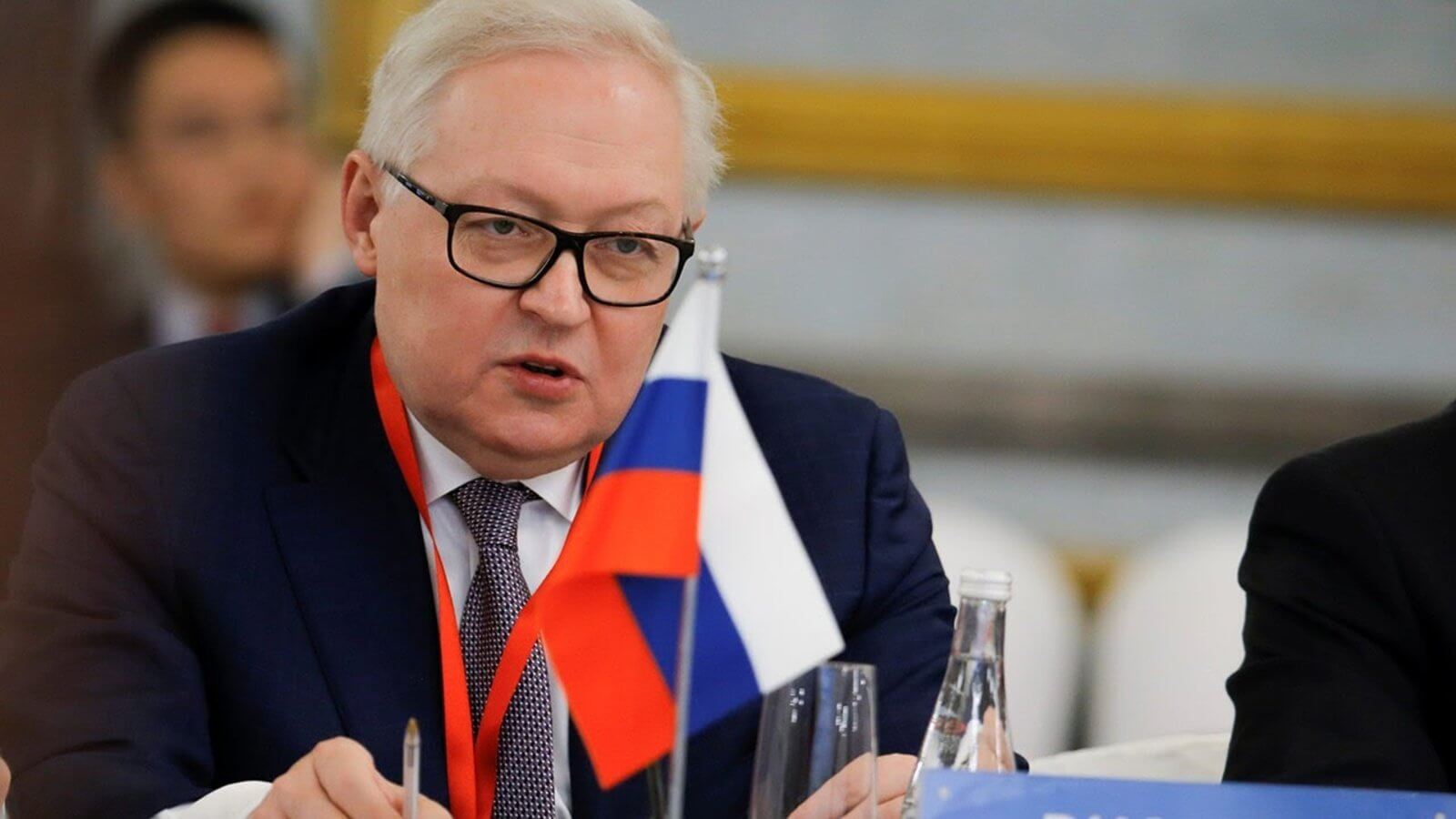On Friday, Russian Deputy Minister Sergei Ryabkov said the Kremlin is concerned by the AUKUS deal, as it threatens the nuclear Non-Proliferation Treaty (NPT) by allowing Australia to develop nuclear-powered submarines that only a “select group” of nuclear nations possess.
At present, only six nations, including Russia, the United States (US), the United Kingdom (UK), France, India, and China, possess nuclear-powered submarines.
“We [Russia] are concerned by the most recent announcement by the US, the UK and Australia to develop a technologically advanced partnership that could allow Australia after eighteen months of consultations and some years of practical efforts to acquire nuclear-powered submarines in sufficient numbers to become among the first five to possess this type of similar capability. This is a great challenge to the international nuclear non-proliferation regime,” the Russian Minister told TASS, the Russian state news agency.
Ryabkov added that the Kremlin had sought more information about the pact to assess any threats it may pose to Russia’s security.
Similarly, speaking at the foreign and defence policy assembly council on Saturday, Russian Foreign Minister Sergey Lavrov slammed the AUKUS pact, stating that it is “detrimental to the existing world system.” “One of the most fashionable trends today is the so-called Indo-Pacific strategies that the United States invents,” he said.
On September 16, the US, the UK, and Australia announced the new trilateral security partnership to counter China’s growing influence in the Indo-Pacific. The alliance also forms an integral part of the US’ efforts to strengthen its influence over the region while building a free, open, and inclusive Indo-Pacific. AUKUS allows Australia to build eight nuclear-powered submarines with technology shared by the US and the UK and to reequip its armed forces with US-produced cruise missiles. The first submarine will likely be completed by 2036.
For this pact, Australia abandoned a multi-billion dollar submarine deal with France for manufacturing conventional submarines, thereby creating a rift between the two nations. Since then, France and China have expressed their concerns and claimed that the pact might defeat the sanctity of the NPT.
Meanwhile, a Moscow Times article suggested that the AUKUS has sparked mixed reactions within Russia. “Some were pleased to see a conflict arise between the United States and France, while some expressed concern that the alliance targets Moscow just as much as it does Beijing. Others were worried about the implications of the US’ decision to share nuclear submarine technology with a non-nuclear state,” the article read.
There are speculations that AUKUS will, with time, become an “Asian equivalent of NATO, with more countries joining, from Canada and New Zealand to Japan and South Korea, and eventually even India and Vietnam.” These predictions have unsurprisingly elicited concern in Russia.
Russia Says AUKUS Threatens Nuclear Non-Proliferation Treaty
Russia expressed concern that the AUKUS pact between Australia, Britain and the United States, which allows for Australia to gain nuclear mobility, threatens the nuclear Non-Proliferation Treaty.
October 4, 2021

Russian Deputy Foreign Minister Sergei Ryabkov announced the Kremlin’s concern over AUKUS pacts’ potential in allowing Australia to gain nuclear mobility. SOURCE: THOMAS PETER/REUTERS
